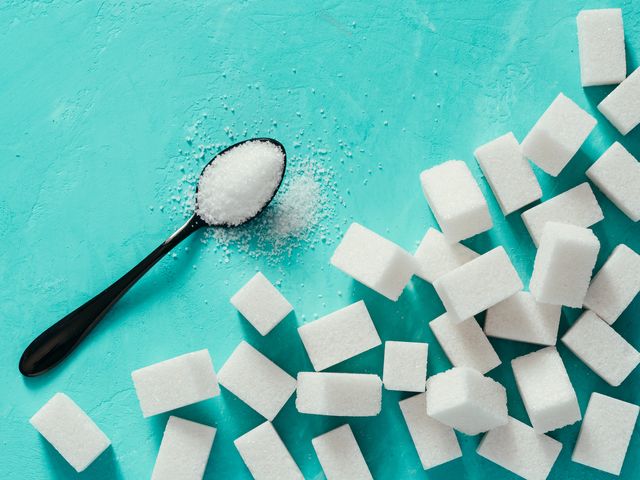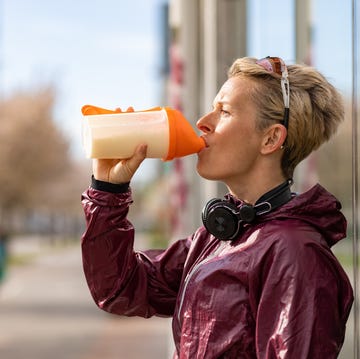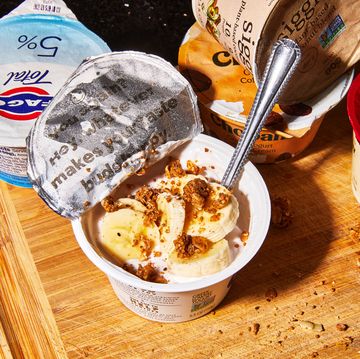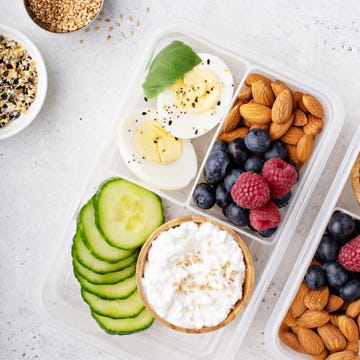There’s no question that Americans eat too much sugar—about 57 pounds of added sugar each year to be exact. That’s an average 17 teaspoons (71 grams) of added sugar a day, which is nearly two to three times The American Heart Association’s recommended ceiling of 6 teaspoons (25 grams) per day for women and 9 teaspoons (38 grams) for men.
All that added sweet stuff is wreaking havoc on our collective waistlines and health. Too much added sugar has been linked to diabetes, heart disease, Soda and sweetened beverages are a leading source. One.
It’s also bad for your mental health. Research shows that men who consumed 67 grams or more of added sugar a day were 23 percent more likely to develop depression than those who kept their intake to less than 40 grams a day. Likewise, a study of more than 69,000 women found that those who ate the most added sugars had a significantly higher risk of depression than those eating the least.
So yes, there’s no question that too much sugar is bad for you. But it doesn’t mean that all sugar is bad, or that you need to resolve to go sugar-free—especially as an active runner. In fact, you shouldn’t. Here’s what you need to know.
Natural Sugar Is Okay
Apples are high in sugar. So are beets. Oh, and so is plain yogurt. Those foods also contain fiber, protein, vitamins, minerals, and phytonutrients that keep you healthy. Yet some people eschew these and other naturally-sweet foods like sweet potatoes because they’re high in sugar. Bad move. Sugar is fuel. Glucose is your body’s prime energy source. You need at least 130 grams of total carbohydrates in your diet—and even more if you run. So go ahead and skip soda, but keep the carrots.
Sugar Is a Valuable Fuel Source
As a runner, sugar can be your savior when you’re cranking out the miles, says Leslie Bonci, M.P.H., R.D., sports nutritionist at Pittsburgh-based company Active Eating Advice and my co-author of Bike Your Butt Off.
“Cut down on sugar too dramatically, and you won’t feel good when you [run]; you won’t recover as quickly, and you might have more muscle breakdown overall because your body is pulling from your muscle stores to make the energy it needs,” Bonci says.
This is especially important when you’re out for multiple hours, like during a marathon. Somewhere around mile 15, your brain will start screaming for Pixy Stix. And it’s okay to let it have some, Bonci says.
“I recommend honey sticks and even sugar cubes. Sugar is an immediate energy source that not only fuels your body, so you don’t break down muscle, but also helps fluids leave your gut more rapidly, so it assists with hydration. Plus, your brain only works on glucose, so it prevents brain drain during a long [run],” Bonci says.
Packaged and Processed Foods Are the Main Culprits
Races - Places 12 average 17 teaspoons has about 39 grams of sugar. But seemingly healthy foods like sweetened cereals and flavored yogurts are major added-sugar offenders, too. Advertisement - Continue Reading Below and put it back on the shelf if sugar is one of the first ingredients. And don’t forget: Sugar goes by many names including corn sweetener, corn syrup, honey, molasses, syrup, and ingredients ending in “ose” such as dextrose, fructose, glucose, lactose, maltose, and sucrose.
[Build a killer midsection in the kitchen for effortless miles on the road with Eat for Abs!]
Artificial Sweeteners Are Not the Answer
While you want to pare down your intake of added sugar, be wary of sugar-free foods that are sweetened with artificial sweeteners. Artificial sweeteners have been linked to weight gain, glucose intolerance, and dangerous belly fat. Scientists are still teasing out why, but recent research suggests that artificial sweeteners don’t trip the neurons in our brain that tell us that we’ve eaten (which is why you can easily down a whole sleeve of sugar-free cookies and reach for more). They also may disrupt healthy gut bacteria that promote healthy insulin response and energy storage.
Bottom line: Keep your daily added sugars in check by eating lots of fruits, vegetables, and whole foods, but don’t deprive yourself on the run when a spoonful of sugar makes the hard miles go down.














